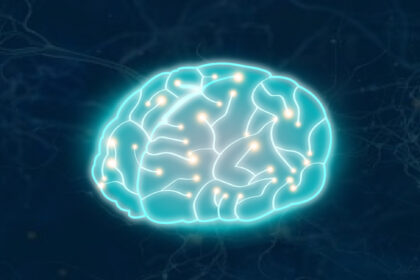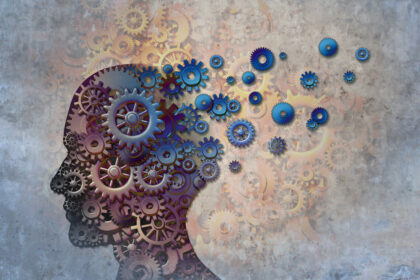How Your Perception Alters Your Cognition
A lot of weight is placed in cognitive respects towards how a person feels about themselves. People are known for holding intense self-perceptions (Fiske & Taylor, 2021). They are detailed, complex, and filled with a diverse representation of themselves. This self-perception includes aspects of current attributes as well as attributes of future characterization. Situations can create a variance in these self-characterizations, both temporarily and permanently altering the “working self-concept.” Some of one’s self-concept can also be traced to the conceptualization of significant people within one’s life (2021). Understanding how the mind perceives itself means comprehending there is a starting point for every thought (Ames & Mason, 2012). In other words, it is important to enumerate intentions, beliefs, desires, and feelings towards oneself and the external environment (2012).
One’s beliefs about themselves in terms of current and future characteristics and qualities are sometimes treated as reference points within the mind (Fiske & Taylor, 2021). These reference points are important in developing behavior and goal setting. Ultimately, self-esteem could be called both the explicit and implicit estimation of oneself. This idea can be seen again throughout the personal biases found within the attribution process, and most significantly, the tendency to be self-serving and self-centered (2021). One also has biased beliefs about others which can play an important role in their own self-perception (Ames & Mason, 2012). In fact, the mind has even developed “route perceivers” which attempt to account for other people’s thoughts (2012).
It is important to note that self-concepts and the cognition of oneself can vary greatly depending upon cultural context (Fiske & Taylor, 2021). Some of these self-concepts and perceptions include goals and emotions. For example, self-concept can be significantly altered through association to social groups and the group’s standards. This is very commonly seen in the attribution process of cognition, which includes how an individual’s mental operations infer another’s qualities. Sometimes these attributions appear subconsciously without awareness (2021). Part of attribute awareness means perceiving other people’s thoughts and behaviors, and this process begins by attempting to judge another individual’s motivations or cause for action (Ames & Mason, 2012). A framework has even been developed for following an individual’s actions backwards to emotions in the fashion of a charted chain of events (2012).
The sense of self can be defined as a unitary ideology of oneself as a central feature of human experience (Heatherton et al., 2004). The concept of self-regulation is defined as an individual controlling their actions and behaviors (Fiske & Taylor, 2021). These actions and behaviors are influenced by an individual’s personal goals and are often categorized as internally or externally devoted attention. Internal attention refers primarily to personal goals derived from the individual’s core beliefs and developed cognition of themselves. External attention refers primarily to environmental concerns. Ultimately, self-regulation is developed with attention to underlying motivation including the need for accuracy, the need for consistent sense of self, a desire to improve, and general self-enhancement (2021). Some outstanding technological advances, such as positron emission tomography and functional magnetic resonance imaging have helped psychologists better understand the neuroscience behind self-concept, social cognition, and more (Heatherton et al., 2004). For instance, it has been suggested that self-recognition (and ultimately items such as self-regulation) may be a facet of left-hemisphere processes (2004).
In the end, it is reasonable to state there are defined ideologies behind how an individual perceives themselves in the world, within their social groups, and as a person. It is reasonable to elucidate these ideas in terms of attributes and how their characterizations affect a person’s thoughts and behaviors. It is possible to determine motivation for the present and the future. Additionally, cultural values and social interaction can significantly affect one’s self-concept. Furthermore, self-regulation is an important constituent in one’s belief systems and the derivative of thought. With recent technological advances, psychologists are learning more about the mind and self-perception than ever before. This research better landscapes the concept of self as it relates to social cognition.
References
Ames, D., & Mason, M. (2012). Mind perception. In S. T. Fiske, & C. N. Macrae The SAGE handbook of social cognition, SAGE Publications Ltd, 115-137. DOI: https://dx.doi.org/10.4135/9781446247631.n7
Fiske, S., & Taylor, S. E. (2021). Social cognition: From brains to culture (4th.). Thousand Oaks, CA: Sage Publications, Inc. ISBN: 9781529702088. Heatherton, T., Macrae, C., & Kelley, W., (2004). What the Social Brain Sciences Can Tell Us about the Self, Current Directions in Psychological Science, 13(5), 190–193. DOI: http://www.jstor.org/stable/20182950




